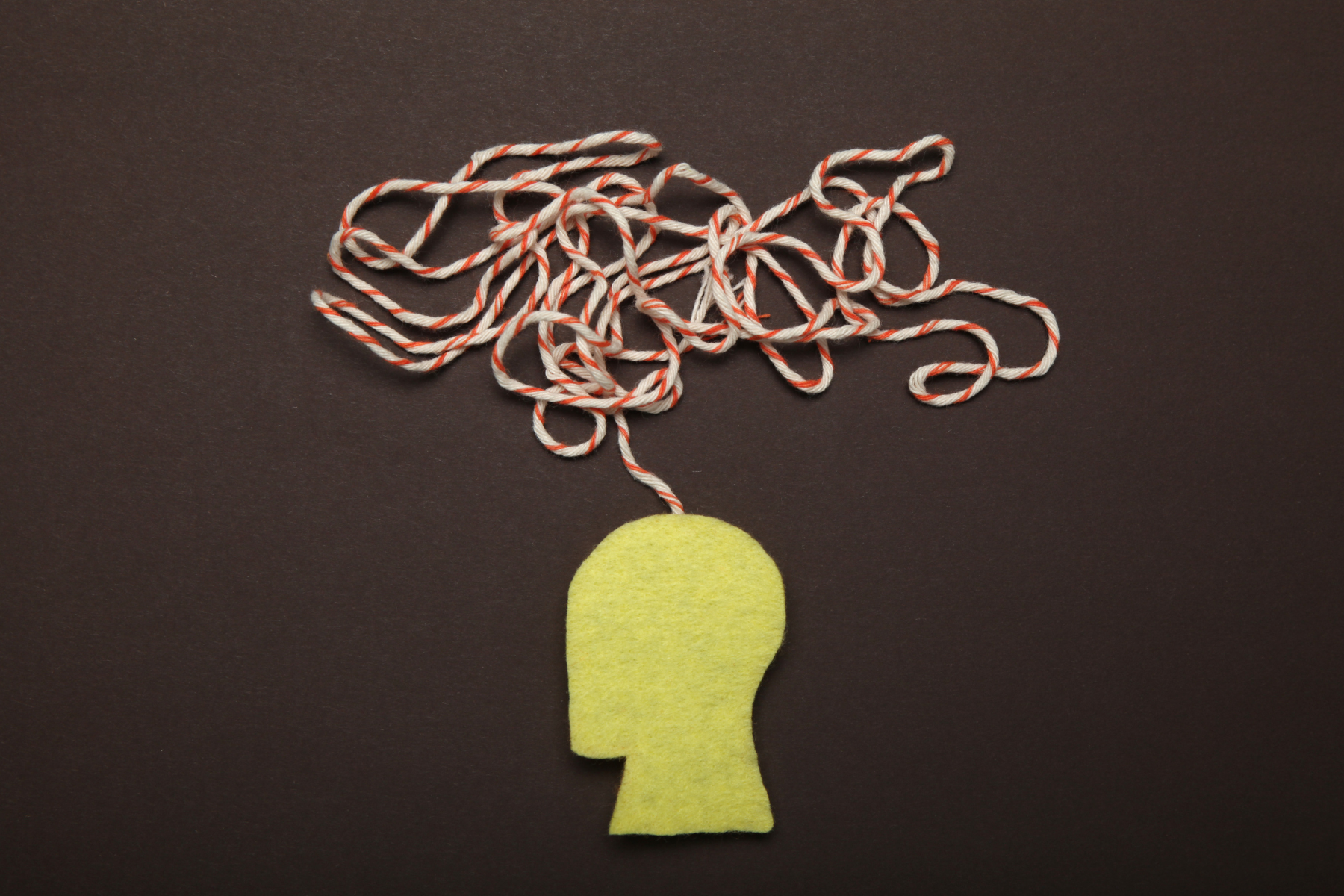Binge Eating Disorder

Binge Eating Disorder (BED) is an eating disorder characterized by recurrent episodes of consuming large amounts of food in a short period, often to the point of discomfort. Unlike other eating disorders, binge eating episodes in BED are not followed by compensatory behaviors like purging or excessive exercise. People with BED may feel a loss of control during binges and experience guilt, shame, or distress afterward. This disorder affects individuals across various age groups, genders, and backgrounds and is one of the most common eating disorders in the United States.
The effects of binge eating disorder can have severe implications for both physical and mental health. Physically, BED can lead to weight gain, obesity, high blood pressure, type 2 diabetes, and heart disease. The repeated cycles of binge eating can also affect digestion and disrupt metabolism. Mentally, the disorder often contributes to emotional struggles, including low self-esteem, depression, and anxiety, creating a challenging cycle that reinforces the disorder.
Understanding binge eating disorder and its effects is essential for seeking appropriate treatment. BED treatment typically includes cognitive behavioral therapy (CBT), medication, support groups, as well as other modalities, to address the underlying emotional triggers and help individuals regain control over their eating habits. With proper intervention, people with BED can work toward a healthier relationship with food and improve their overall well-being.
